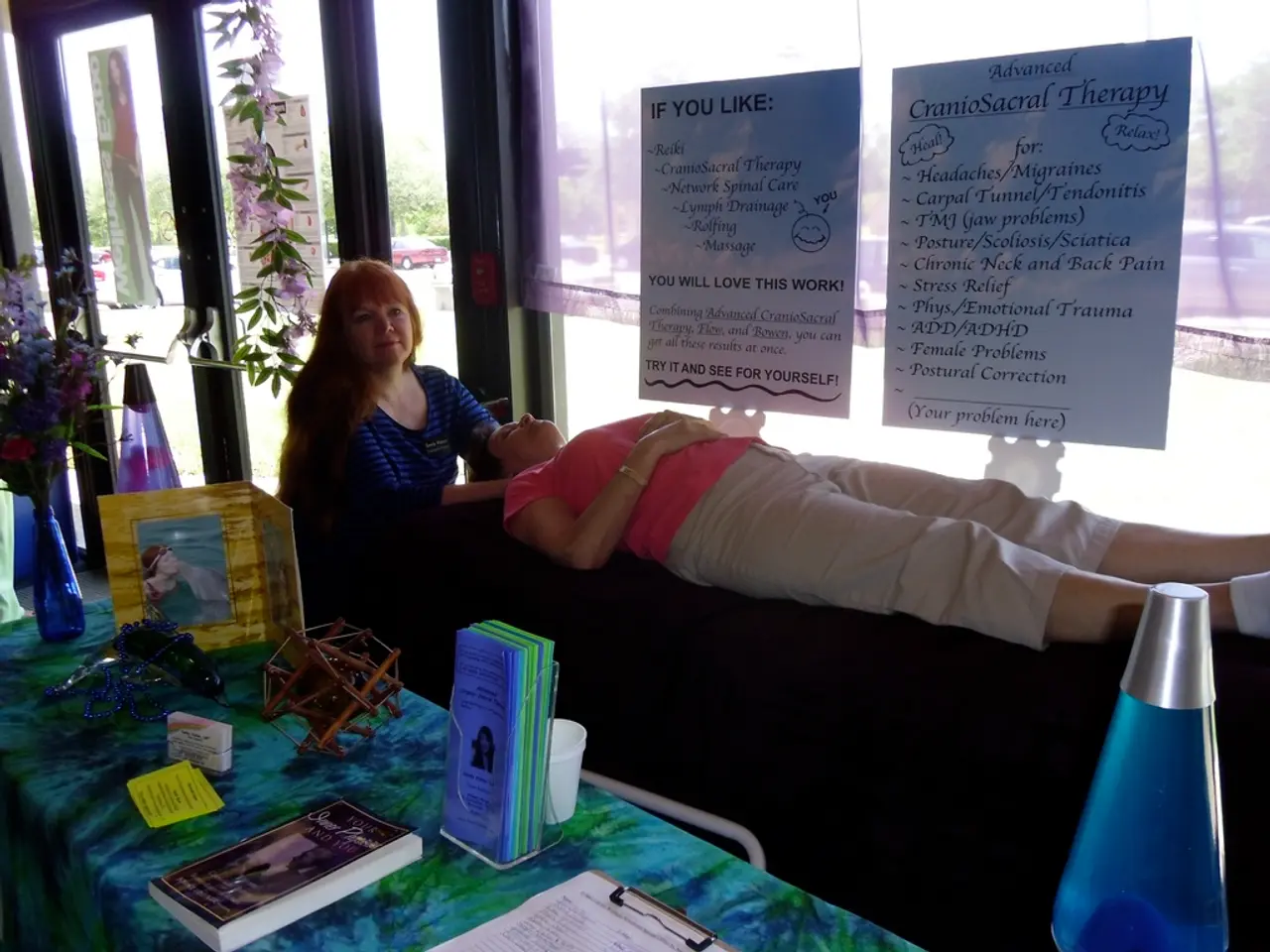Manipulate Your Brain: 5 Shortcuts Based on Neuroscience Studies
In the realm of self-improvement, the English aphorism "Fake It Till You Make It" has been a guiding principle for many. This phrase, which suggests imitating confidence, competence, and an optimistic mindset can help realize those qualities in real life, has been endorsed by luminaries such as William James, Alfred Adler, and Rhonda Byrne.
The concept, broadly appearing in diverse cultural and psychological contexts over time, is often linked to attitudes of confidence building and behavioral adaptation. Acting confidently or socially can help improve self-confidence and sociability. Pretending to know the answer can strengthen self-belief and increase the tendency to be right.
One interesting aspect of this philosophy is the role of embodied cognition, the idea that thought is influenced by physical sensations and actions. For instance, giving oneself a 30-second hug can help reduce anxiety, while slouching impairs mental cognition. Raising the spine, holding the head up high, opening wide the shoulders, and straightening up can boost energy and self-confidence.
Shouting "Wheeeeee" and throwing up the hands can help reduce anxiety and tension, and faking a smile can relax vocal cords, affect hormones, trigger a happier mood, and encourage friendliness due to the mind-body connection.
The success of these techniques is often shown in studies. For example, McCorquodale (2016) has demonstrated the effectiveness of these methods, while Atasoy (2013) has suggested that thinking positively can release abilities beyond normal limits.
Interestingly, the success of placebos in medicine may be based on similar interactions taking place in the brain. Pretending, forcing, or modeling behavior can alter the brain's mood, personality, and judgment, making them more natural over time through practice.
However, it's important to note that overdoing the "cheats" on this list is not recommended. Genuine intention to improve is crucial. Acting out of a desire to impress others should be avoided.
The principle of "Fake It Till You Make It" can be explored through psychological tricks and perspectives learned from neuroscience studies. It's a powerful tool in the journey of self-improvement, offering a practical approach to building confidence and shaping one's personality.
Read also:
- Peptide YY (PYY): Exploring its Role in Appetite Suppression, Intestinal Health, and Cognitive Links
- Toddler Health: Rotavirus Signs, Origins, and Potential Complications
- Digestive issues and heart discomfort: Root causes and associated health conditions
- House Infernos: Deadly Hazards Surpassing the Flames








